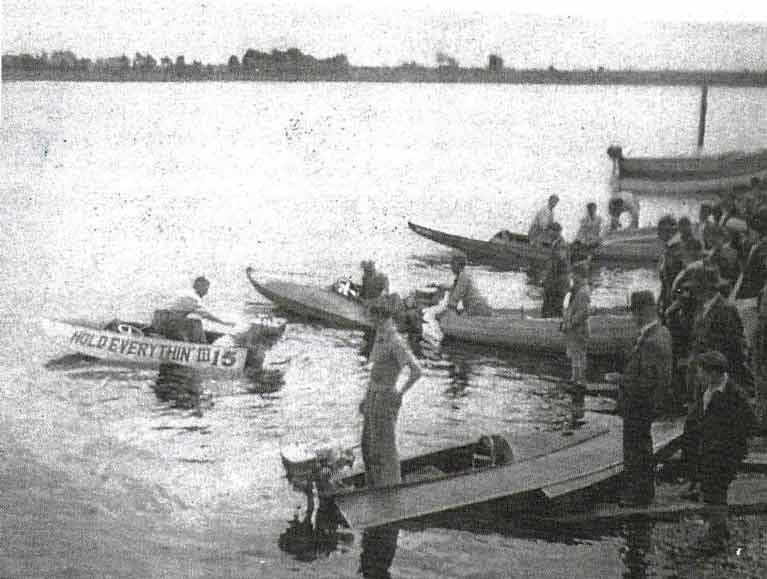Displaying items by tag: Vincent Delany
July 12, 1903 was also a Sunday, but it was not the sound of Orange bands marching that dominated the River Lee from Cobh to Cork City, but that of powerboat engines competing for what had been envisaged as the “America’s Cup” of motorboating.
Irish-born newspaper mogul Alfred Charles Harmsworth, Viscount Northcliffe, had organised what is known as “the first motorboat race.”
The trophy was the Harmsworth Cup, envisioned by Northcliffe as “a contest between nations rather than between boats and individuals.”
The course was from Cobh (then Queenstown) to Cork City. It was officiated by the Automobile Club of Great Britain and the Royal Cork Yacht Club for boats, as the rule of the race declared “designed and built entirely by residents of the country they represented.”
 Photos from Vincent Delany's new book on the history of motoboating in Ireland
Photos from Vincent Delany's new book on the history of motoboating in Ireland
As reported by Cork newspapers: “A large number of spectators viewed the first mile from the promenade of the yacht club at Queenstown and several thousand people were at both sides of the river at Cork City to see the finish.”
The race was won by a woman – Dorothy Levitt, travelling at nineteen-and-a-half-miles an hour, regarded as an “extraordinary speed for motorboats” in those days.
She was described as “a remarkable sportswoman who had the first proper motorboat designed for high speed, to the specifications of an Australia, Selywn Edge” In later years she would set the world’s first water speed record at 19.3 miles per hour (31.1km/h).
This fascinating story is told by yachting historian Vincent Delany in his book about ‘”The Motor Yacht Club of Ireland, founded four years after the Harmsworth Cup race, in 1907. Dedicated to “the memory of those men in their floating machines,” in 44 pages it details, with historic photographs, the progress of motorboating in Irish waters.
It had been intended to stage an International Power Boat Festival in Cork Harbour this past weekend (July 11/12) as part of the RCYC Cork 300 celebrations but that was prevented by the Covid 19 pandemic.
For this week’s Podcast I’ve been talking to author Vincent Delany, starting by asking him why Cork was the location for the first motorboat race:
This week’s Podcast here






























































